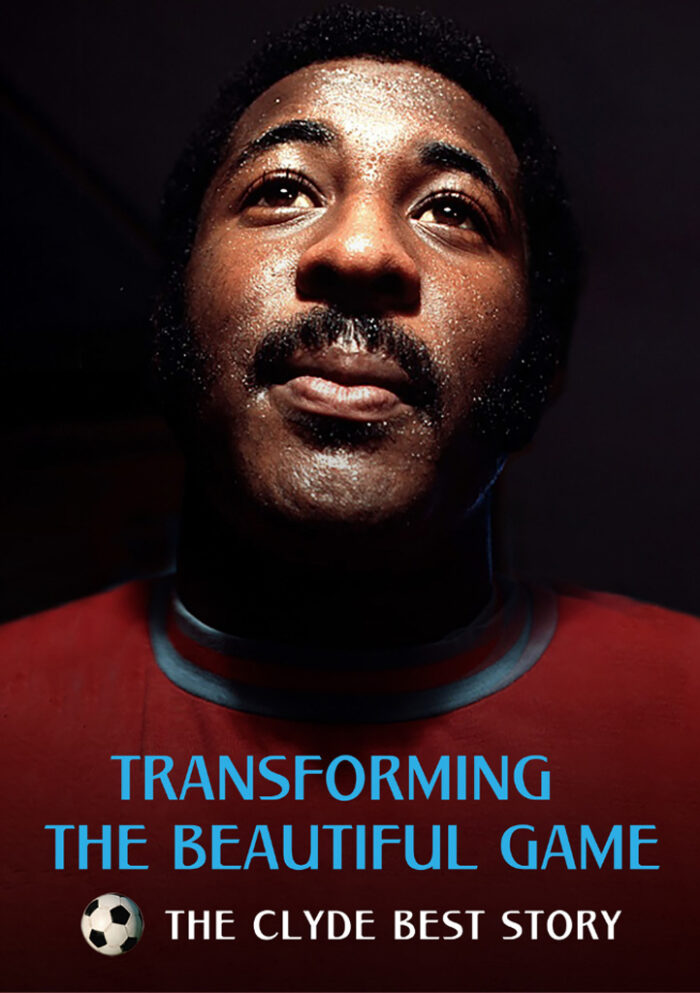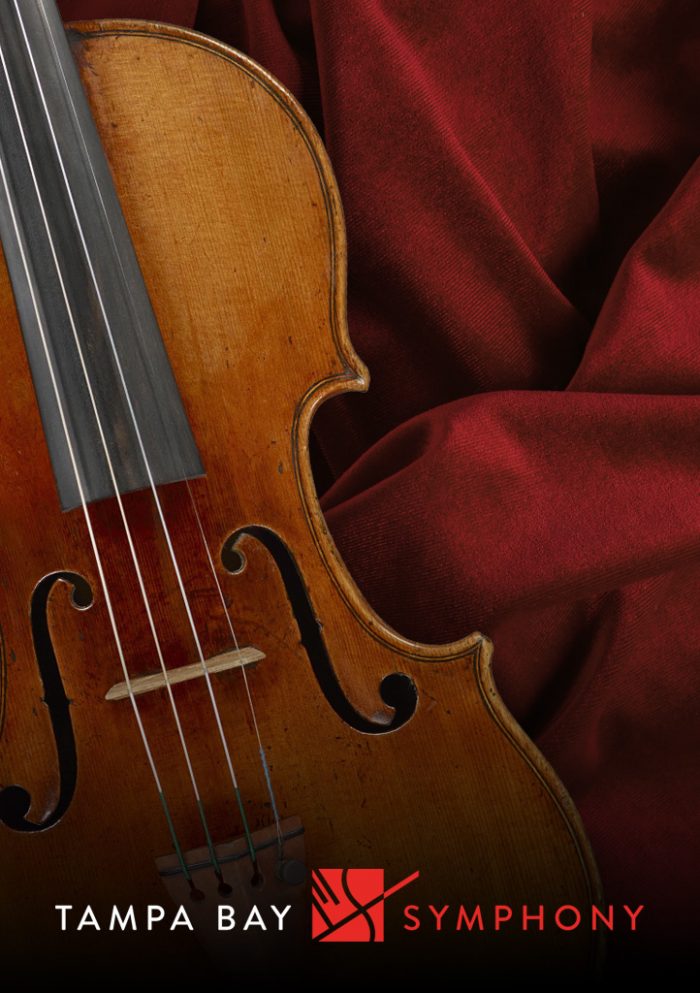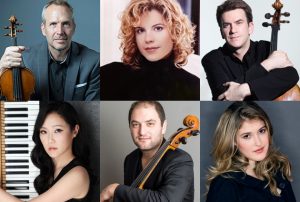There are still some seats available for tonight’s final performance of the crowd-and-critic pleasing production of Charles Gounod’s Faust. Faust is the opening show of the St. Petersburg Opera’s 2017-18 Palladium season.
The show starts at 7:30 p.m. Call the Palladium box office at 727 822-3590 for tickets or arrive a few minutes early for tonight’s show to purchase in person.
Andrew Meacham, the performing arts critic for the Tampa Bay Times, was impressed with what he saw and heard on opening night. I’ve included an excerpt from his review below. You can read it all by following this link to the Times.
By ANDREW MEACHAM
TAMPA — Charles Gounod’s Faust sets the table early. The world-weary philosopher immortalized in a dramatic poem by Johann Wolfgang von Goethe is in his study, lamenting his state of affairs. He’s willing to give away everything he has to be young again, even his soul.
With that, the St. Petersburg Opera Company begins its season. It’s an extremely careful production, congruent from casting to execution and seemingly aligned with the original intent of Gounod and librettists Jules Barbier and Michel Carre. There are several such moments and scenes throughout, signalling that we’re in good hands with this opera.
As Faust, who trades his soul for youth, tenor Samuel Hall sang with laserlike precision in a role that demanded nothing less. Branch Fields supplied basso profundo gravitas as Mephistopheles, alternately suave and sinister and always ready to go downstairs, then down some more stairs, as if there were no floor.
Another highlight comes in the third act, with Faust’s would-be love interest Marguerite alone in her room. She’s trying on some jewelry he’s secretly left, and it’s a masterful piece of work. Soprano Stephanie Lessard embodies the role before she even stands up, with so much color and control as to paint a personality by her vocals alone.
This is how seduction works; we see it and are seduced ourselves. Lessard did seem to struggle at times on opening night with the passaggios at the top of her register; the result was a thinner sound, one less expressive than the more conversational, “chest voice” notes leading to those peak moments. Her bedroom aria was still the show’s most impressive for any single performer.
Baritone Cesar Mendez Silvagnoli bolstered the production as emotional Valentin, Marguerite’s brother, particularly in a climactic death scene, and mezzo soprano Nian Wang sang with an aura of exuberance that brightened the stage around her.
Supertitles on each side of the stage allowed the audience to glance at translations from the French with relative ease. The orchestra conducted by St. Petersburg Opera artistic director Mark Sforzini stepped up when called upon, particularly in the lower strings. A capable chorus also delivered in a funereal church scene, in which Marguerite, who has continually suffered as an indirect result of another’s greed and lust, pleads for her soul.
No discussion of this show would be complete without paying tribute to dancers Daniel Johnson and Alessandra Ramnarine, the “demons” who aid Mephistopheles. They appear every so often, notably in the church, licking and singeing, retreating and attacking like fire. The production benefitted greatly by their presence.
Hall’s acting as Faust, especially the early stages of his ill-gotten euphoria, also helped bring home the subtle humor of the literature from which the opera arose. But in the end, it’s all about Mephistopheles. It’s fun watching Fields hop down those vocal staircases, like enjoying a joke with a 19th-century composer. The fact that he plays the role with assurance also doesn’t hurt.
The opera rests on his shoulders most of all, and Fields bears up with ease. At his curtain call, those who weren’t already standing got up when he took a bow, some shifting from cheers to playful boos. Fields acknowledged them with a scowl.








Leave a Reply